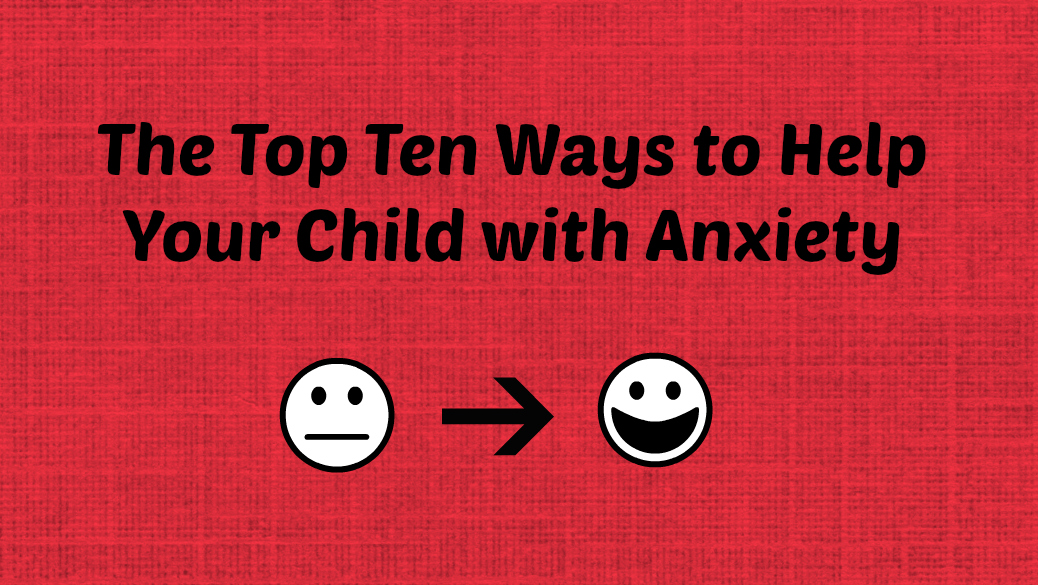-
Should I Take My Child to a Psychologist? Part One
When I used to work as a psychologist at a Speech and Hearing Clinic, I gave an outreach presentation to some teachers and Speech Language Pathologists about when to refer a child to a psychologist. After the presentation, several of them told me how helpful this was to finally understand. And then I began thinking about how many other people don’t know this information either. So now I routinely try to educate people on this subject whenever I get the chance.
First of all, psychologists conduct assessments and therapy. We can help answer questions you have about your child’s functioning (with assessments) and then help you and your child work on their problems and behaviors (with therapy).
Questions that a Psychologist can Help Answer:
- What are your child’s intellectual strengths and weaknesses? Any age, any level of verbal ability, and any specific question can be addressed. Learning disabilities and ADHD can also be discovered and diagnosed.
- How does your child’s academic achievement compare to their intellectual functioning? What grade level are they reading (or doing math, etc.) at? Does your child have any problematic neuropsychological functioning? If they’ve had a severe head injury or if they are showing some odd behaviors, we can check and see if these are normal. I should add that some of this is very specialized so you may need to visit a neuropsychologist who can do more specialized assessment.
- What is your child’s emotional functioning? This is a big one! Does your child appear to be feeling and behaving differently than they used to? Have their emotions changed from how they used to be? Are they having trouble eating, sleeping, concentrating, or enjoying things they used to enjoy? Any of these might signal depression, anxiety, or another problem that can be evaluated and addressed with a psychologist.
- Is your child unusually oppositional or aggressive? If they are more aggressive than their peers, there is a reason for it, and a psychologist can help figure out why.
- Does your child have an Autism Spectrum Disorder? If your child has trouble with eye contact, empathy, language, change, social skills, friendships, or imaginary play, you may want to get them assessed for an autistic disorder.
- Is there something not working in your parent-child or family relationship?
These are all the things psychologists can assess. However, the biggest reason people take their child to a psychologist is not for assessment, but for therapy. Click here to read “Should I Take My Child to a Psychologist? Part Two.”













